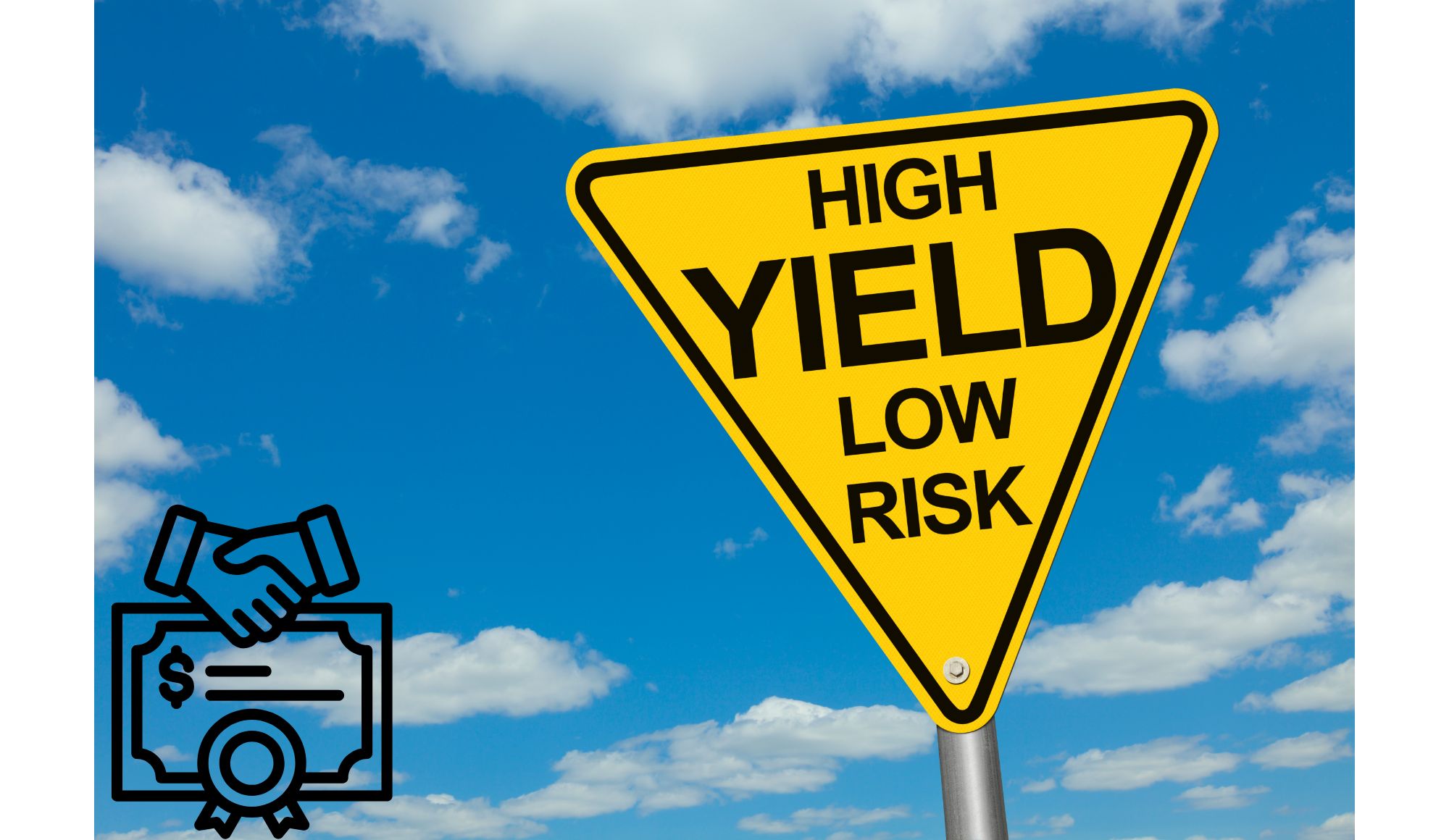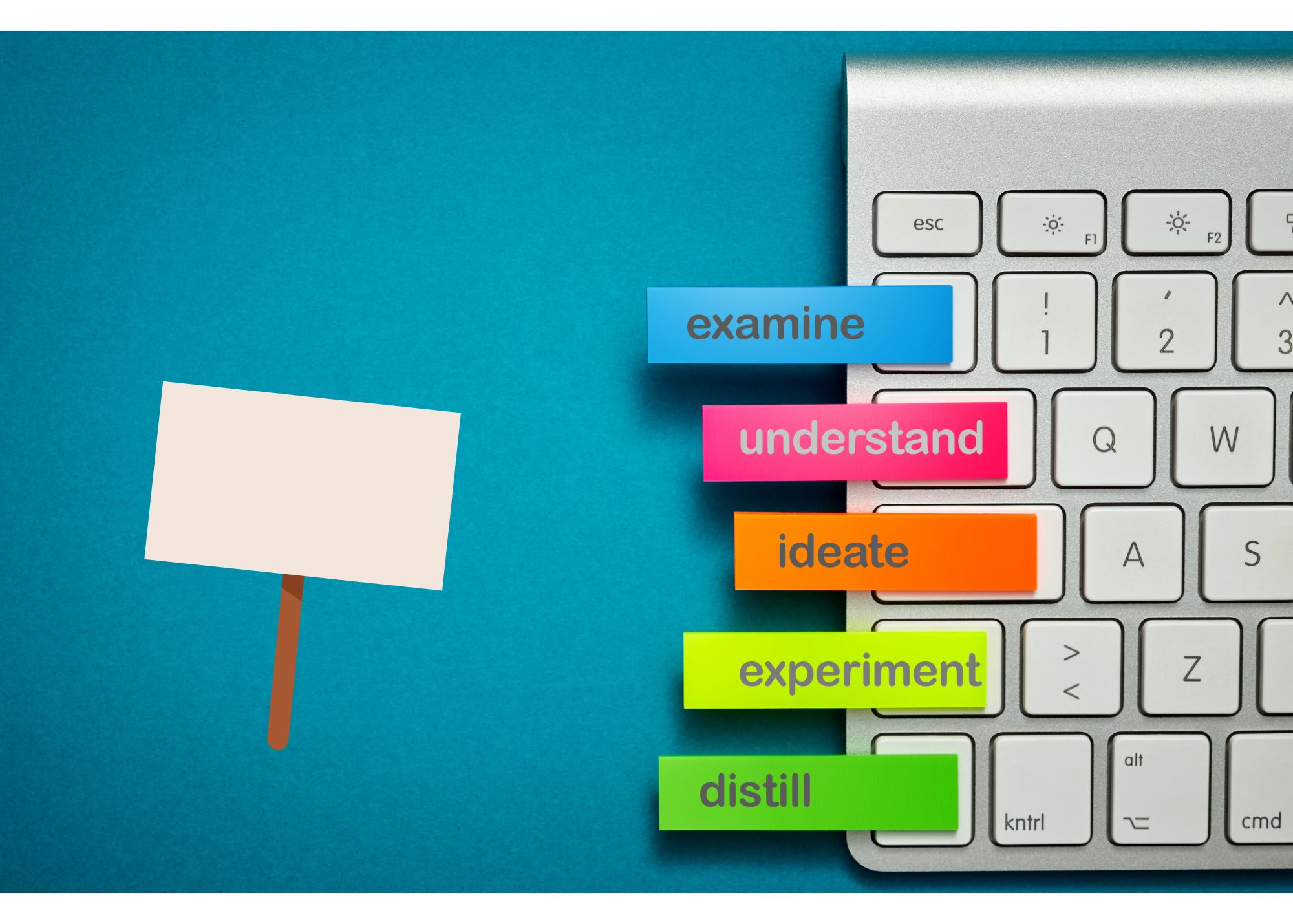Why Is Buffett Pouring Into This High Yield Bet
2024 has been a surprising year for Warren Buffett and Berkshire Hathaway. The company became the first American business outside of the tech sector to achieve a $1 trillion valuation, and an unusually buoyant stock market has caused many of its holdings to gain substantially in value.
Despite these successes, Buffett personally appears to be turning bearish. To date, the Oracle of Omaha has sold over $130 billion worth of stock in 2024. While Buffett hasn’t looked this uneasy about stocks in a long time, he has been putting the tens of billions of dollars gained from selling stocks into short-term Treasury bills.
At this point, Berkshire Hathaway owns more of these US debt instruments than the Federal Reserve itself. What’s causing Buffett to choose Treasury bills over stocks, and how has this decision impacted the Berkshire Hathaway portfolio?
Key Points
- This year Warren Buffett has aggressively moved over $130 billion into Treasury bills.
- Buffett has significantly reduced Berkshire Hathaway’s holdings in Apple while slowing buybacks of Berkshire shares.
- While focused on Treasury bills, Buffett has selectively invested in Chubb, leveraging its insurance float, and taken a 32% stake in SiriusXM post-merger.
Why Is Buffett Buying Treasury Bills So Aggressively?
The reasons for Buffett preferring to put his money into Treasury bills instead of stocks at the moment appears to be twofold, higher yields and overvalued stocks.
The first part is simply that yields on bonds have been higher recently than at almost any time since the 2008 financial crisis. As a result, Buffett can put Berkshire’s money into an instrument with a safe, guaranteed return that’s high enough to be worth his while.
That wasn’t always the case and in fact Buffett turned his back on bonds through the 2010s because of their low yields.In 2018, he pointed out the risks that came with investing in bonds at a time when inflation was eating up most of the low yields investors were getting at the time. It became clear that Buffett wouldn’t be enticed away from the stock market and back to debt markets until bond yields had risen significantly.
The second and likely more important part of the equation is that Buffett appears to believe that stocks are substantially overvalued today.
One of the metrics he has been known to use for decades is the ratio between total stock market capitalization and US GDP. This ratio is sometimes called the Buffet Indicator and can be used to measure how cheap or expensive US stocks as a whole are and currently sits at 208 percent, far above its long-term average. When combined, these two factors make the decision to buy Treasury bills seem very sensible. Buffett can invest Berkshire Hathaway’s cash in these bills and earn around 5% with basically no risk involved.
The stock market, meanwhile, looks unappealing for a value investor. Indeed, this likely explains why Buffett has pulled so much of Berkshire’s portfolio back to cash this year. Buffett learned his value investing strategies directly from Benjamin Graham, who was a proponent of holding stocks when they were fairly valued but selling once they became overvalued.
Where Buffett is somewhat stuck versus the ordinary investor is the scale of the capital he needs to deploy. Unlike a small investor who can dive in and out of positions, Buffett knows that Berkshire’s enormity is both a benefit and a hindrance because the opportunity set of equities he can purchase is so limited. A small capital allocation simply won’t move the needs on Berkshire’s trillion dollar market capitalization.
What Else Is Buffett Buying and Selling This Year?
This year Buffett has done a whole lot more selling than buying. By far the largest differential in the Berkshire portfolio this year has been a massive unloading of Apple. He sold about 605 million shares of Apple so far but it still remains Berkshire’s largest holding at around $72.8 billion.
Speculation is rife that Buffett thinks Apple’s overvalued, which is unsurprising given that the already high-priced company has seen its shares rise by over 26 percent during the past year and now trades at a price-to-earnings multiple of 39.1x while growing at just 11.2%. Another position that Buffett has cut sharply is Bank of America, which he started selling in June and ultimately led to a disposition of over 250 million shares from the Berkshire portfolio, leaving 775 million shares still on the books.
What investors can’t overlook and should keep an eagle-eye on is precisely how fast he’s sold the shares. Buffett has been on nothing short of a tear when it comes to how quickly he’s offloaded his stake, suggesting that he has either lost some of his confidence in Bank of America or views it as overvalued.
While Buffett has accumulated over $300 billion in Treasuries, he’s also been a buyer of a few equities. For example, he took a swing at bat with the worldwide insurer Chubb having started a position in late 2023. The insurer has a massive float which famously Buffett can use to invest for higher returns and Chubb management has a history of share buybacks too.
On the topic of Berkshire buybacks, Buffett oversaw the repurchase of some of his own company’s shares this year but abstained in Q3 when Berkshire’s share price climbed.
Even earlier in the year the buybacks were modest in Q1 and Q2. Alongside other analysts and investors, Buffett seems to believe that Berkshire is no longer so undervalued that the reward to risk ratio makes sense to snap up further shares at this time.
Another rather surprising buy at Berkshire this year has been the acquisition of a 32% stake in SiriusXM. The decision to buy Sirius started as a merger arbitrage opportunity, but Berkshire continued to buy shares after the merger occurred. This may be one of the few new values Buffett has identified this year that fits his criteria and has the chance to offer outsized returns compared to his safe bond yields.
Buffett wan’t shy to hit the Buy button in spades earlier in the year when, in June, he kept up his buying spree of Occidental Petroleum share, though it must be said Q3 didn’t reveal any new purchases, and it’s starting to look like he is hoping for more attractive prices in the future.



